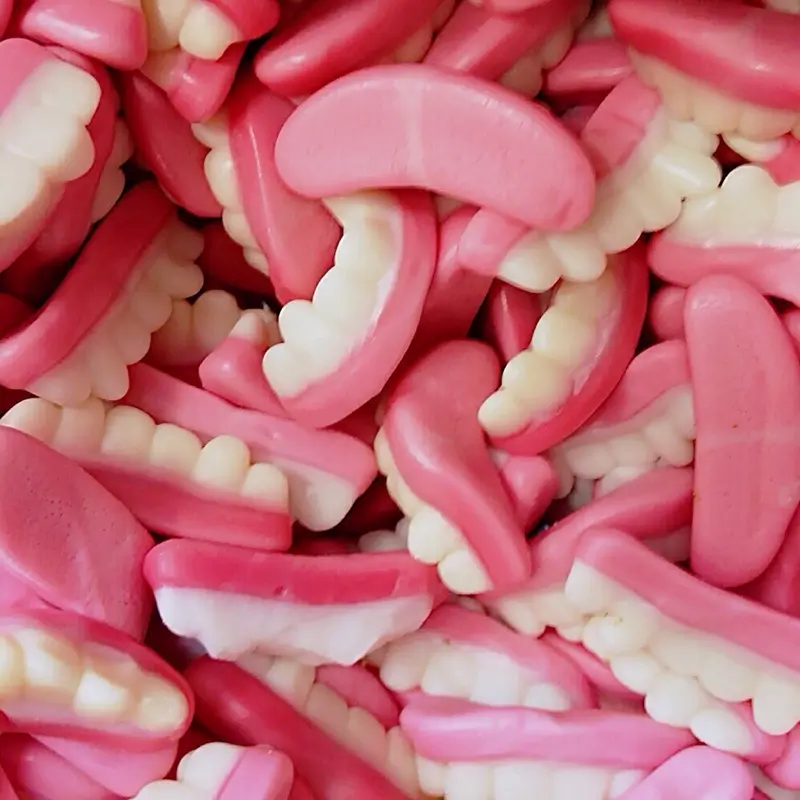Have you noticed flecks of blood and heightened redness around your gums when brushing your teeth? These are tell-tale symptoms of bleeding gums – an early sign of gum disease.
If you notice signs of bleeding gums, it's important to seek medical advice from the experts at City Dentists. However, there are also several gum disease treatments you can implement at home alongside professional assistance.
1) Improve your dental routine
The main cause of bleeding gums is gingivitis – a common oral condition where plaque is not adequately removed from the teeth.
If plaque is not removed in a timely and sufficient manner, it builds up into tartar – a hardened form of plaque that attaches to the enamel on the teeth, causing irritation. The easiest way to reduce plaque build up is by improving your dental routine.
Other than brushing twice a day, you should floss regularly to remove plaque from those hard-to-reach areas. A hard-bristled brush can also cause irritation. Switch to a soft-bristled brush to eliminate this.
Routine dental check ups are also an easy way to ensure that your oral health is in the best shape it can possible be.

2) Eat a healthier diet
If you eat a nutritionally poor diet full of sugar-based foods, you increase the risk of bleeding gums and tooth decay. Sugar creates the perfect conditions for plaque to grow and produces more acids that eat away at tooth enamel.
Bleeding gums can also be a sign of vitamin C and calcium deficiency. Be sure to incorporate vitamin C-rich foods such as spinach, oranges, carrots and leafy greens into your diet, alongside calcium-based foods like milk, cheese and salmon to help maintain good oral health.
Bleeding gums can also be a sign of vitamin C and calcium deficiency.
A balanced diet full of healthy, nutritious foods gives your teeth and gums the nourishment they need. You don't have to completely give up sugary foods from your diet – simply eat them in moderation!
3) Stop smoking
In New Zealand, 15 per cent of the population smoke daily, states Smokefree statistics. Not only can smoking cause lung cancer and other detrimental diseases, it can also increase the risk of bleeding gums. When smoke is inhaled, the harmful toxins stick to the teeth, which can be tricky to remove through basic oral hygiene practises. These toxins also cause gum aggravation and bleeding.
Reaping endless health benefits makes quitting smoking totally worth the hard work.
If you're experiencing persistent and severely discomforting bleeding gums, book an appointment with the team at City Dentists.
